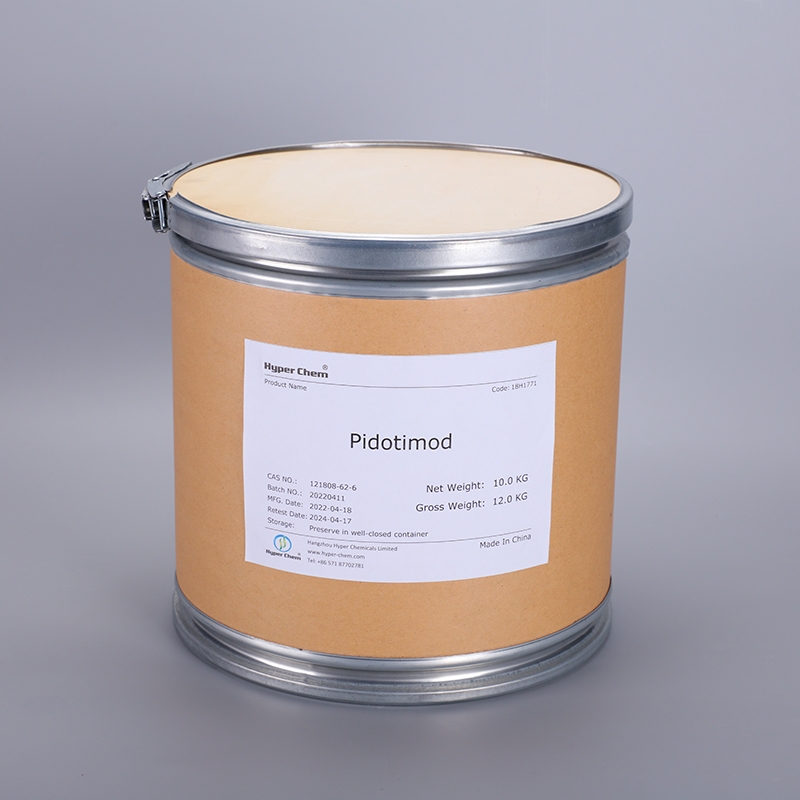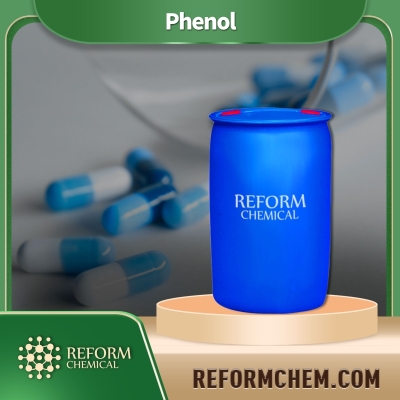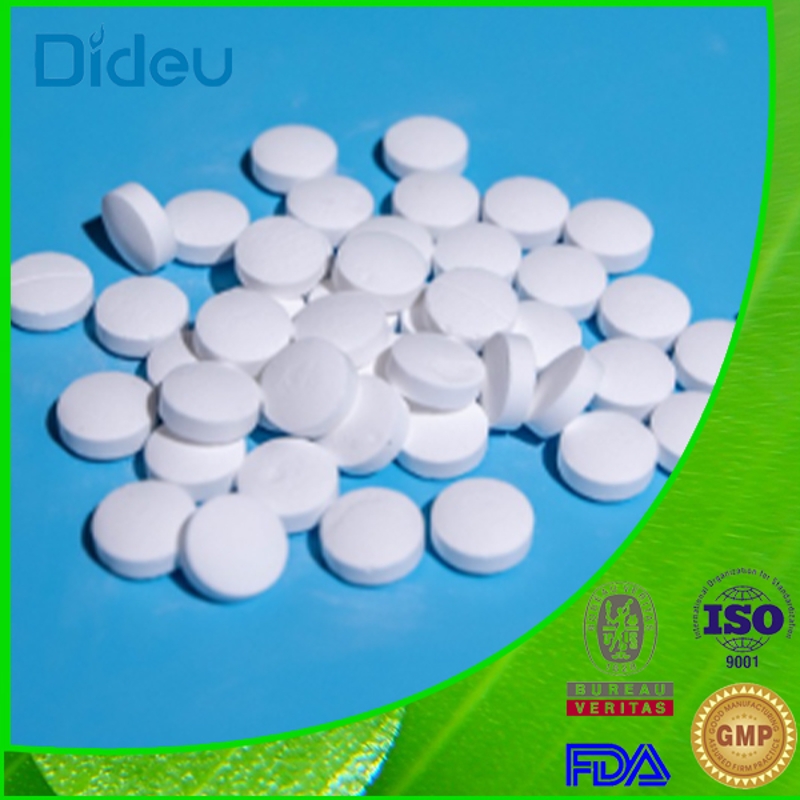-
Categories
-
Pharmaceutical Intermediates
-
Active Pharmaceutical Ingredients
-
Food Additives
- Industrial Coatings
- Agrochemicals
- Dyes and Pigments
- Surfactant
- Flavors and Fragrances
- Chemical Reagents
- Catalyst and Auxiliary
- Natural Products
- Inorganic Chemistry
-
Organic Chemistry
-
Biochemical Engineering
- Analytical Chemistry
-
Cosmetic Ingredient
- Water Treatment Chemical
-
Pharmaceutical Intermediates
Promotion
ECHEMI Mall
Wholesale
Weekly Price
Exhibition
News
-
Trade Service
On January 12, the Expert Consensus on Antiviral Treatment for Patients Infected with Novel Coronavirus was officially published
online in the Chinese Journal of Clinical Infectious Diseases.
Caused by a novel coronavirus called severe acute respiratory syndrome coronavirus type 2 (SARS-CoV-2), COVID-19 continues to spread worldwide, posing a serious threat
to human health and life.
At present, the main antiviral treatment regimens recommended for SARS-CoV-2 in China include small molecule drugs that interfere with viral replication and neutralizing antibodies targeting S protein
.
At present, the rational use of antivirals in the treatment of COVID-19 is a clinical concern
.
In order to further promote the rational application of anti-new crown drugs in the clinic, ensure that patients with severe COVID-19 can be "early detection, early identification, and early intervention", and reduce the conversion rate and mortality rate of severe disease in COVID-19 patients, the National Center for Infectious Diseases (Beijing Ditan Hospital affiliated to Capital Medical University and the First Affiliated Hospital of Zhejiang University School of Medicine) organized domestic infection, On the basis of the "Diagnosis and Treatment Plan for Novel Coronavirus Infection (Trial Version 10)" and China's experience in the diagnosis and treatment of COVID-19, the "Expert Consensus on Antiviral Treatment for Patients with Novel Coronavirus Infection" [1] (hereinafter referred to as the "Consensus") was compiled with simple and practical and highly operable In order to improve clinicians' awareness of anti-SARSCoV-2 drugs and provide recommendations
for clinicians to standardize medication.
1.
Clinical classification
"Consensus" refers to the "Diagnosis and Treatment Plan for Novel Coronavirus Infection (Trial Version 10)" to divide adult COVID-19 patients into:
Light
The above respiratory tract infections are the main manifestations, such as dry throat, sore throat, cough, fever, etc
.
medium
Persistent high fever for > 3 days or (and) cough, shortness of breath, etc.
, but respiratory rate (RR) < 30 times/min, at rest when breathing air means oxygen saturation <b20>>93%.
Imaging shows characteristic manifestations
of novel coronavirus pneumonia.
Heavy
Adults fall under any of the following and cannot be explained by a cause other than coronavirus infection:
Shortness of breath with respiratory rate ≥ 30 breaths/min;
At rest, oxygen saturation ≤ 93% when inhaling air;
Arterial partial pressure of oxygen (PaO2)/inspiration concentration (FiO2)≤ 300 mmHg (1 mmHg = 0.
133 kPa), high altitude Areas (above 1000 m above sea level) should be corrected for PaO2/FiO2 according to the following formula: PaO2/FiO2 x[760/atmospheric pressure (mmHg)];
The clinical symptoms were progressively aggravated, and lung imaging showed that the lesions progressed significantly > 50%
within 24~48 hours.
Critical Condition:
Those who meet one of the following conditions:
respiratory failure requiring mechanical ventilation;
Appearance of shock;
Other organ failure requires intensive care unit (ICU) monitoring
.
2.
The Consensus on the Application Recommendation
of COVID-19 Antiviral Drugs emphasizes the overall application principles of antiviral drugs for new coronavirus infection, pointing out that oral COVID-19 antiviral drugs
should be used as soon as possible.
The small molecule COVID-19 antiviral drugs nematevir/ritonavir, azvudine, monoravir, and neutralizing antibody ambavirumab/romisivimab injection, infusion of convalescent plasma in recovered patients, and human immunoglobulin
for COVID-19 are recommended.
Neutralizing antibodies
Indications for the use of ambavirumab/romisivimab injection: Ambavirumab/romisivimab injection
is used to treat adults and adolescents (12~17 years old, body weight ≥ 40kg) with mild and medium-sized adults and adolescents (12~17 years old, body weight 40kg) with high-risk factors for progression to severe (including hospitalization or death) Patients
with COVID-19.
Dosage: A single intravenous infusion can complete the course of
treatment.
The doses of ambavirumab and romisivimab for COVID-19 are 1000 mg
, respectively.
The patient is clinically monitored during the infusion and observed for at least 1 hour after the completion of the infusion
.
Convalescent plasma
can be used early in the course of the disease in patients
with risk factors for severe disease, high viral load, and rapid disease progression.
The infusion dose is 200~500 mL (4~5 mL/kg), and it can be decided whether to reinfuse
according to the individual condition of the patient and viral load.
Human immunoglobulin
with COVID-19 can be used early in the course of disease in patients
with risk factors for severe disease, high viral load, and rapid disease progression.
The dose used is light 100 mg/kg, medium 200mg/kg, heavy 400mg/kg intravenous infusion, according to the patient's improvement, the next day can be infusion, the total number of times is not more than 5
.
Small molecule drugs
Nirmatevir/ritonavir
mechanism of action: Nematevir is a 3CL protease inhibitor used against the new coronavirus, which has inhibitory activity against the viral protease Mpro, which is necessary for viral replication, preventing it from cleaving viral polymer proteins, thereby preventing viral replication
.
Ritonavir inhibits CYP3A-mediated nematevir metabolism, thereby increasing the plasma concentration
of nirmatevir.
Indications for use: Indications are mild and medium-sized adults
within 5 days of onset with factors at risk for progression to severe disease.
Not recommended for use people: under 65 years old, immunocompromised, fully vaccinated, no risk factors
for severe disease.
Dosage: Nematevir must be taken with ritonavir, if not taken with ritonavir, the plasma level of nematevir may not be enough to achieve the desired therapeutic effect, and food has no effect
on the efficacy.
The recommended dose is nimatevir 300 mg (150 mg x 2 tablets) plus ritonavir 100 mg (100 mg x 1 tablet) orally every 12 hours for 5 days
.
Precautions: During use, pay attention to drug interactions and adverse reactions, and follow the doctor's advice
.
Mechanism of action of azvudine tablets
: Azvudine is a broad-spectrum RNA viral inhibitor that inhibits the RNA-dependent RNA polymerase (RdRp) of SARS-CoV-2, embedded in viral RNA during synthesis, Blocks RNA extension, terminates RNA strand synthesis and viral replication
.
Since azvudine can be enriched in thymus and peripheral blood lymphocytes, it significantly reduces the viral load of the thymus, thereby enhancing the body's immune function to suppress the new coronavirus
.
Therefore, as a broad-spectrum RNA virus inhibitor, azvudine can play a role
in both antiviral replication and immune protection.
Application indications: Azvudine is an oral small molecule antiviral drug independently developed in China for the treatment of adult patients
with COVID-19.
The Consensus further expands its scope of use, pointing out that medium-sized infections and patients with high risk factors for disease progression (such as hypertension, diabetes, coronary heart disease, chronic obstructive pulmonary disease, etc.
) after positive antigen or nucleic acid test at home can be recommended
.
Dosage: swallow the whole tablet on an empty stomach, 5mg each time, once a day, the course of treatment is not more than 14 days
.
Take on
an empty stomach.
Adverse reactions: According to clinical trials, there was no significant difference in the rate of adverse events between the azvudine group and the placebo control group, and the adverse events were mostly mild
.
Azvudine tablets have been conducted in a global multicenter randomized, double-blind, placebo-controlled phase III clinical study
in China, Brazil and Russia.
The results of the phase III Chinese study of azvudine [2] showed that subjects with log value ≥3 and log value ≥4 had a greater decrease in viral load than the control group on the 5th day of using azvudine, which was statistically different
.
The results of the Russian phase III study [3] also showed that after 7 days of azvudine, 36.
31% of subjects improved their clinical condition, which was clinically effective compared with placebo, and the median time to clinical improvement of subjects was significantly shortened (P<0.
001).
</b133> The results of the ( : As a substrate of RdRp, monoravir For household medicine for COVID-19 patients, the consensus recommends the use of COVID-19
Infected people under the age of 65 with underlying diseases (such as hypertension, diabetes, coronary heart disease, chronic obstructive pulmonary disease, etc.
) should be treated at home, and antiviral drugs should be used as soon as symptoms appear;Infected people aged 65 years and older, regardless of the underlying medical condition, are treated at home, and antiviral drugs are used as soon as possible after the onset of symptoms to reduce the incidence
of severe disease.
At the same time, closely observe the changes in body temperature, oxygen saturation, breathing, and consciousness of the infected person
.
The infected person should go to a medical institution for treatment
as soon as possible after the change in his condition.Inpatients should strengthen home health monitoring after discharge, and conduct corresponding psychological counseling
.
In addition, for re-positive and long-term positive patients, the consensus points out that such patients can use drugs of different mechanisms in combination or alternate use to reduce viral load and turn nucleic acid negative
as soon as possible.
The Consensus summarizes
the current rational application plan of COVID-19 antiviral drugs, focusing on practicality and easy operation
.
It is hoped that the release of the Consensus can help guide the antiviral treatment of new crown infection in China, achieve "early detection, early identification, and early intervention", and effectively reduce the severe disease rate and mortality
rate of new crown infection in China.
References: [1] https://mp.
weixin.
qq.
com/s/NsiPE09dhUpOe6t5-vh9SA[2] Summary report of phase III clinical trial in China, the final results are subject to the literature published in phase III [3] Azvudine tablet instructions [4]https://doi.
org/10.
21203/rs.
3.
rs-2273657/v1[5]https://doi.
org/10.
21203/rs.
3.
rs-2273694/v1
↓↓↓Click "Read Original" to participate in the survey questionnaire
*"Medical Community" strives to publish content professionally and reliably, but does not make promises about the accuracy of the content; Relevant parties are requested to check
separately when adopting or using it as a basis for decision-making.
Click "Read Original" to participate in the survey questionnaire~







